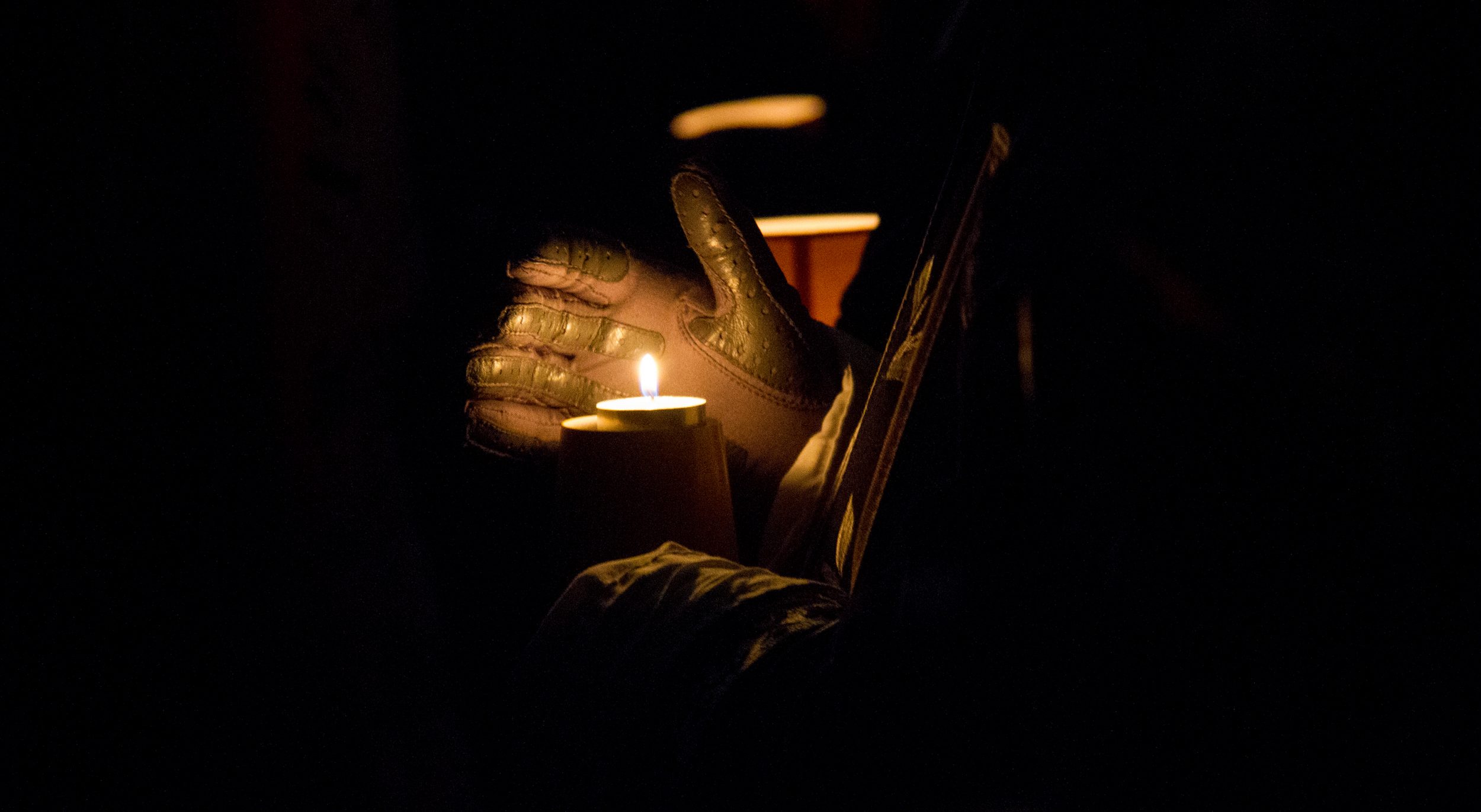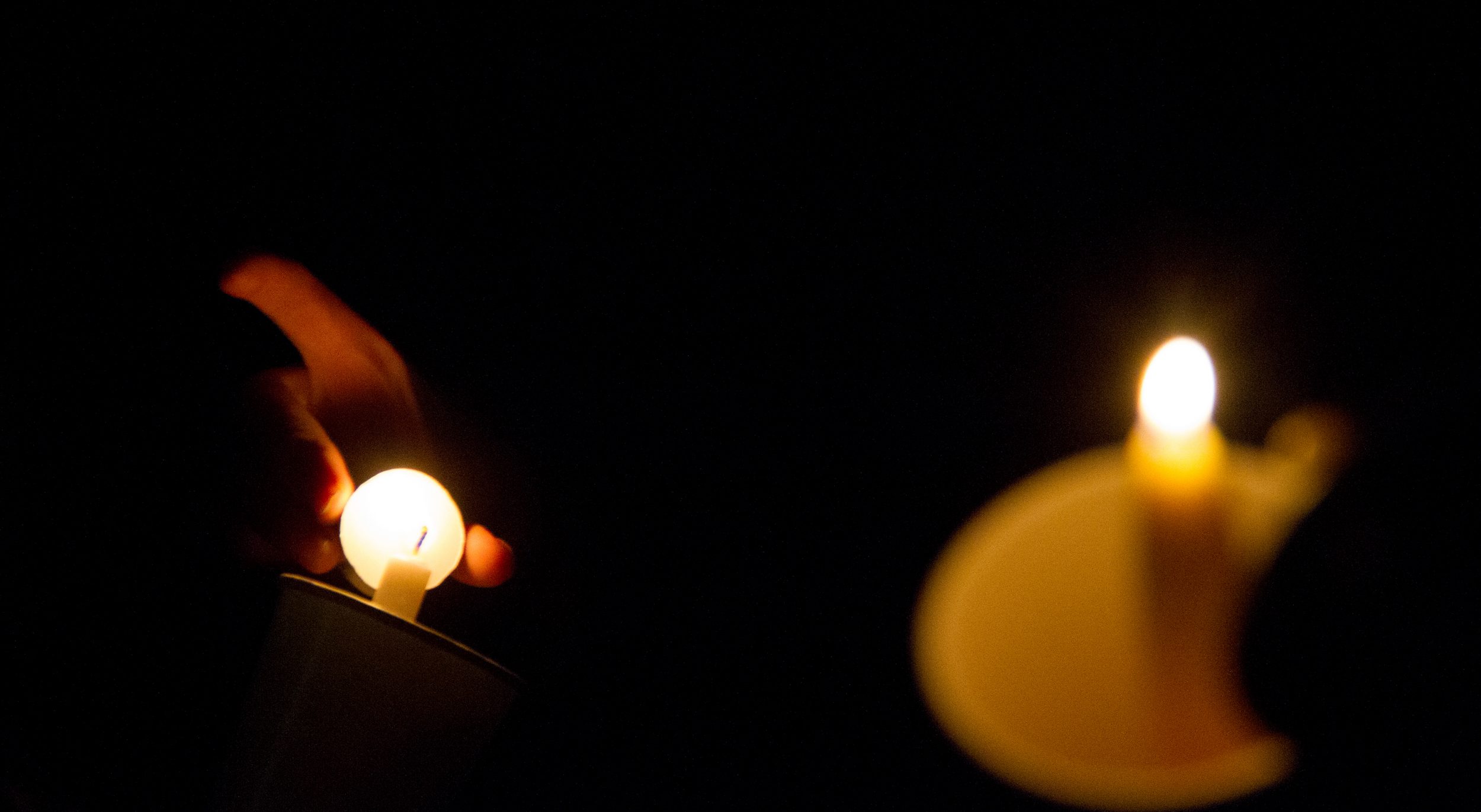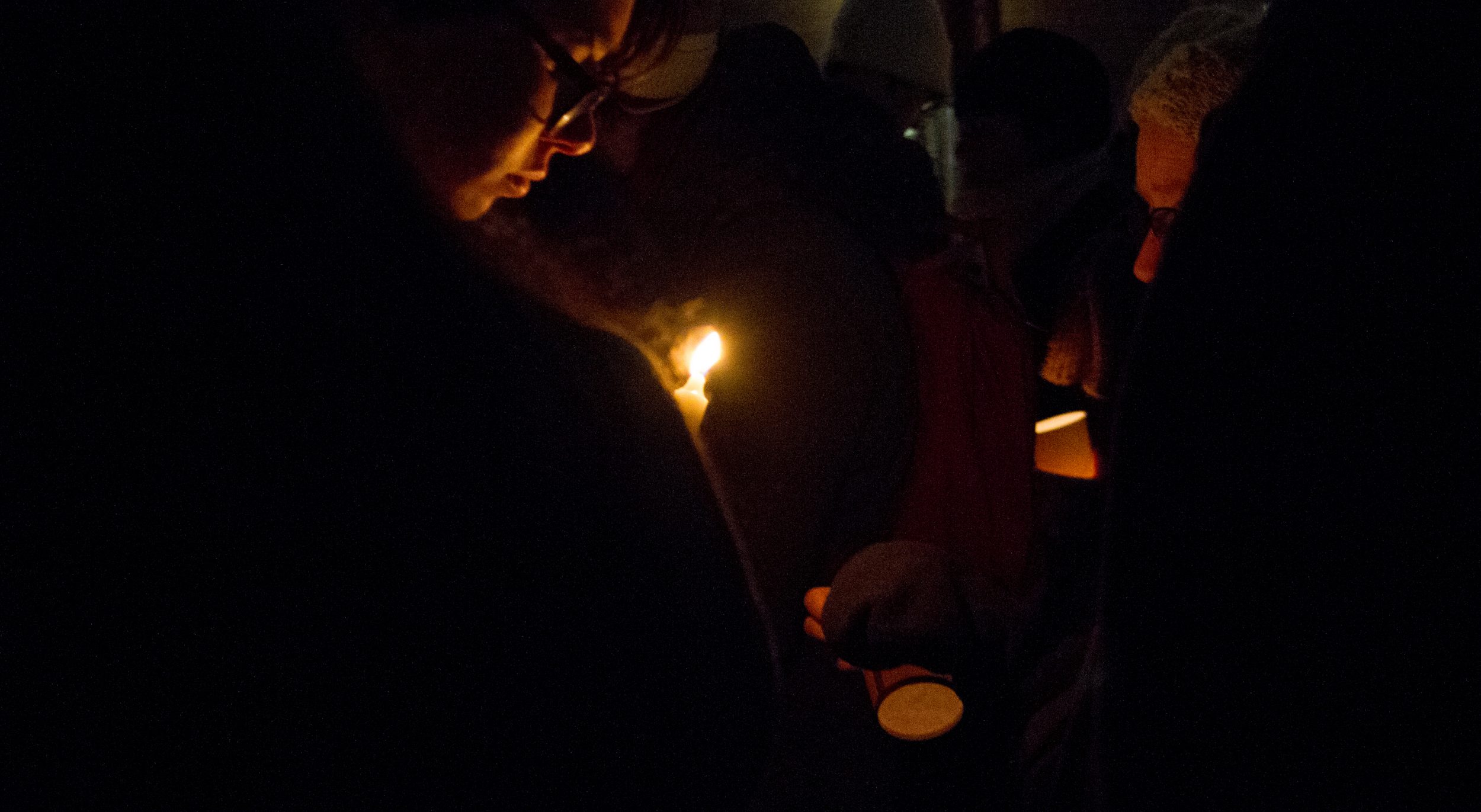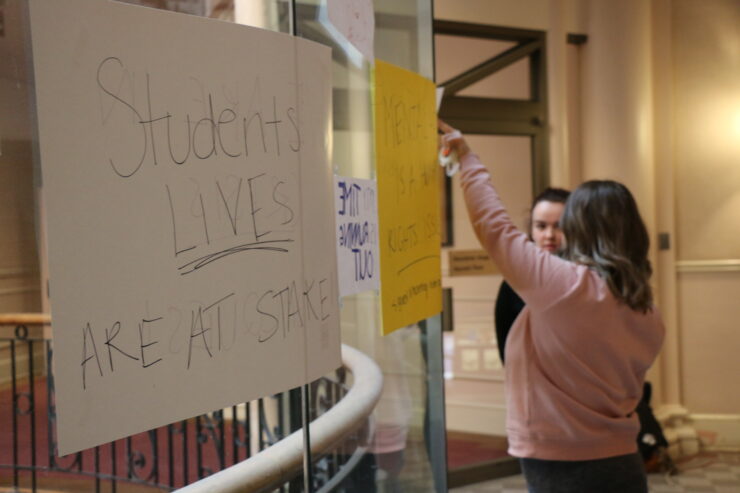Names of 331 trans and non-binary folk who were killed over the past year read out at vigil
It took over 30 minutes to read all 331 names of trans and non-binary folk who were killed over the past year.
But Lyra Evans, Ottawa-Carleton District School Board trustee and organizer for Ottawa’s Transgender Day of Remembrance vigil at the Canadian Tribute to Human Rights monument, says the list is not complete.
Evans says the list does not include those who are not recognized as trans and gender non-conforming by their families and/or media, as well as those who died by overdose or suicide.
Nov. 20 was chosen as a day of remembrance for trans and non-binary folk in 1999 by transgender advocate Gwendolyn Ann Smith to honour the memory of Rita Hester, a transgender woman who was killed the year prior. Since then, vigils have been held around the world to remember those who were killed.
Nova Clarke is one of the founding members of SAEFTY, a trans support and education group that focuses on the positive aspects of the community. She says while the event focuses on the deaths, it also empowers the community by reading out their names and recognizing their identity.
“Violence against trans people is intended to shut us up and to take away our voices,” says Clarke. “Transphobes are trying to destroy a community one person at a time. Today we remember those who died with the goal of giving them their voices.
“The worst thing that can happen is for someone to die and to be forgotten,” says Clarke. “It’s up to us to keep them alive and fight back against the transphobes that have tried so hard to silence us.”
Organizers invited attendees to read out a page of names and to add their own if they knew of someone who was not included.
Evans says since she started organizing the day of remembrance, the list gets longer and longer each year.
She says though the day is painful, it also shows the support from the community and allies.
“There were hundreds of people today supporting the trans community of Ottawa and there were a lot of non-trans folks who were supportive,” says Evans. “More and more, at least in Canadian society, people are not transphobic.”
Evans says Canada can do more to protect queer folk around the world.
“Canada should have an international LGBTQ2+ refugee identity, or should have better ways to have people who claim LGBTQ2+ refugee status from places where being LGBTQ2+ is dangerous without having to out themselves in the local community because that’s often a death sentence,” says Evans
Sabelo Zhou spoke at the event about her personal experience of moving from Botswana to Canada. Before immigrating, Zhou says she identified as gay, but once she came to Canada, she was educated on what being transgender is and began to accept herself. She says it’s like coming out twice.
“I have always tried to hide. I’ve always felt like there was always something wrong with me. And I realized that there’s nothing wrong with me. That’s who I am,” says Zhou before crying.
Zhou says it’s important that Canadians recognize the day and have conversations about it to make a statement on a national and international level.
“It’s so important because you get to see the privilege and the advantages people have here compared to situations in other countries back home,” says Zhou. “People are still getting extorted over such situations and people are still getting killed.”
Zhou says it was her first time attending the vigil. Despite the cold weather, she says it’s important to be in these spaces physically.
“Maybe my name could be on the list one of these days,” says Zhou. “So it’s about coming out, showing up to support. Letting other people know that it’s OK to be yourself is a big support system, as much as someone might feel like they’re alone.”
Zhou added Transgender Day of Remembrance should not be confined to a single day.
“It should be an everyday thing because we’re not just trans one day, you’re trans every day and we struggle,” says Zhou. “It’s about time that we start being supportive of each other. It’s about time that we stand and tell them that we are visible. We are here and we are not going anywhere. We’re here to stay.”
“May the list of names be shorter next year,” says Evans, closing the vigil.








